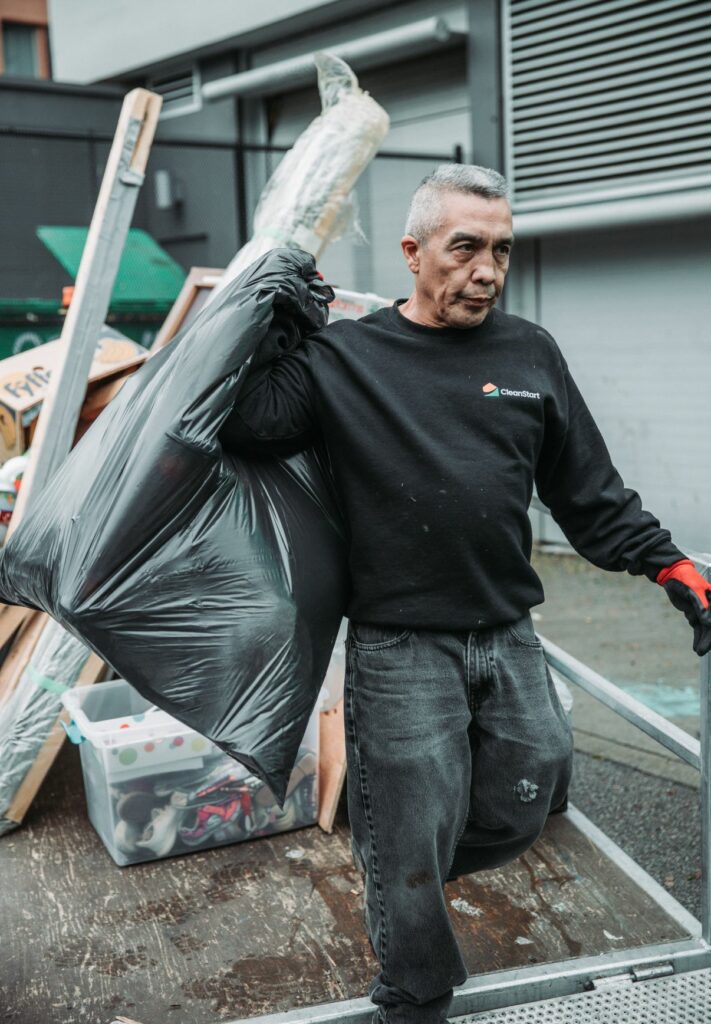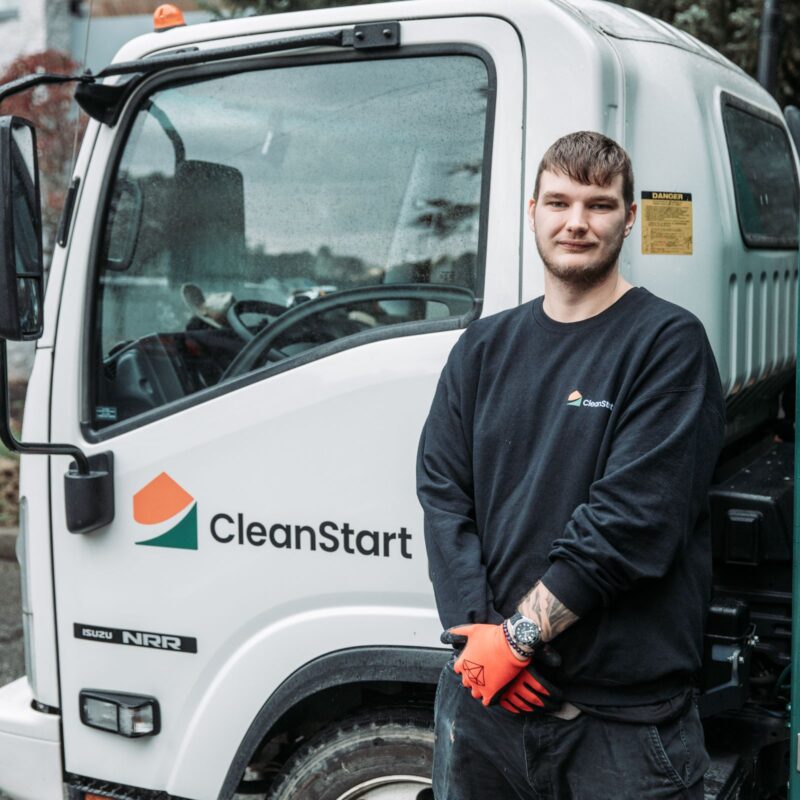What To Do When You Know A Hoarder?

Our friends at Xtreme Cleaners wrote an article on what hoarding is & what to do when you know a hoarder, you can find the full article HERE.
Hoarding has been in the spotlight for the last decade, thanks to TV shows like Hoarders and Hoarding: Buried Alive. Viewers tune in to see how people feel when trapped in their own homes, surrounded by seemingly endless piles of clothing, papers, household items, and sometimes… not-so-household items. Hoarders will often go dumpster diving, thrifting, or “picking” at flea markets and yard sales to accumulate a repertoire of unnecessary, miscellaneous goods. While shows that portray these behaviors may be entertaining to some, real hoarders feel helpless and paralyzed by the towers of junk.
Hoarding disorder is defined as an enduring difficulty parting with possessions due to a perceived need to keep them. The exact causes of hoarding disorder are unknown, but are linked to other psychological and personality disorders, genetics, brain chemistry, and stressful life experiences.
At a first glance, many family members of hoarders see dealing with a hoarder and their home as the simple task of tossing out the trash. But the piles are only the first phase of cleaning up. Beneath the stacks of garbage and clutter lies mold, diseases, toxins, rodents, and a series of other unfortunate substances.
If your friend or family member has a hoarding issue, where do you begin? How do you help a hoarder?
-
Research Hoarding Disorder
Hoarding is a serious condition, and can often have detrimental physical, emotional, and financial effects on an affected person. According to the Mayo Clinic, people who experience hoarding disorder also have other mental health disorders such as obsessive-compulsive disorder (OCD), depression, or anxiety. Researching the condition will help you acquire the appropriate knowledge to aid you in your search for the right professional to assist your loved one.
-
Talk to the Hoarder About Cleaning Up
It’s important not to blame the hoarder as you approach the discussion of clean-up. Be open and honest about your concerns for their safety. Reassure them with confidence that you will help handle the clean-up and that you’re there to support them. This will give them a sense of control and security, allowing them to feel that they have a degree of autonomy over the process.
-
Get Professional Cleaning Help
Debris removal from a hoarder’s home requires detailed planning and execution. Hiring a hoarding remediation service to lighten the load is your best bet for a clean house free of toxins and particulates. The trash will be removed, important family memorabilia and keepsakes will be saved, biohazardous materials will be disposed of, and the affected areas will be sanitized and deodorized. Some professional cleaning services will even help the homeowner label their items and teach them how to maintain an organized space moving forward.
Dealing with hoarding issues is never an easy matter. The individual with the disorder is likely already overwhelmed, and intervening may evoke strong emotions during sensitive times. By following these three steps, you can prepare yourself to handle the situation and support those affected, facilitating their progression into a safer, happier, clutter-free life. Call your hoarding remediation service and health care professional today to help your loved one regain control over their life.
If you need help with hoarding clean up you can give us a call at 1-855-297-8278 or book a free estimate through our website.


